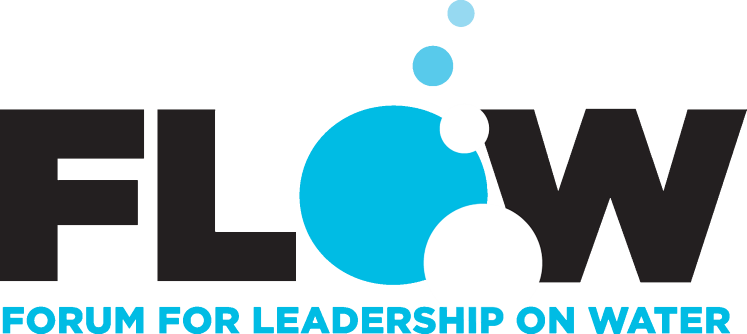Modernizing the Canada Water Act
Oliver M. Brandes, Richard Farthing-Nichol | May 2021
Strong federal leadership on water policy is imperative to deal with pressing challenges facing Canada today and prepare for increasing complexity and uncertainty in the future.
Canadians can no longer be assured our waters are abundant, safe and secure. The Canadian water landscape is rapidly changing, undercutting the myth of water abundance that has long shaped our public discourse. Decades of pollution and development pressures threaten our water quality and quantity, while the intensifying climate emergency has exacerbated and multiplied these challenges. Effective water management in this new reality requires an integrated response at the river basin level that involves all levels of government and partners from across the water policy spectrum. The federal government has an important role to play providing high-level oversight and coordination across transboundary river basins that encompass the jurisdiction of multiple provinces, Indigenous communities, and sometimes the United States.
Yet Canada currently lacks a robust commitment, plan, or legal framework at the federal level to drive effective coordinated action. The federal government’s primary freshwater legislation, the Canada Water Act, is nearly 50 years old and far removed from our current water reality. Modernizing the Act is critical to comprehensively redefining federal leadership and helping to prevent Canada’s emerging water crisis. In October 2019, FLOW and several partner organizations published a report, Water Security for Canadians: Solutions for Canada’s Emerging Water Crisis, that makes the case for modernization. The report details four key areas of federal leadership a modernized Canada Water Act should address.
First, a modernized Canada Water Act should create and mobilize the knowledge needed to predict and respond to water challenges. This involves providing the federal resources and infrastructure to centralize and harmonize collection and dissemination of water information; improving water predictions including flood and drought forecasting; and providing decision support services.
Second, the Act should strengthen transboundary water management and cooperative federalism by prioritizing intact river basins. The Act should also establish clear capacity and commitment for the federal government to anticipate, investigate, avoid, and resolve disputes, as well as guide water management and water-related climate adaptation strategies through the 21st century.
Third, the Act can strengthen reconciliation with Indigenous peoples by ensuring the legislation is consistent with the United Nations Declaration on the Rights of Indigenous Peoples. A consent-based, co-drafting approach in partnership with Indigenous governments is a crucial component of modernizing the legislation. A new Canada Water Act must support Indigenous peoples’ goals and right to self-determination, as well as integrate Indigenous inherent and Aboriginal and treaty water rights in water governance.
Fourth, a modernized Canada Water Act should improve collaborative river basin planning by building durable partnerships for water management and decision-making with provinces, territories, and Indigenous governments within shared watersheds. These planning processes should focus on building resilience to extreme events, identifying priority areas for watershed restoration, and ensuring environmental flow regimes are in place across different levels of jurisdiction and authority.
While modernizing the Canada Water Act is a pressing priority, FLOW recognizes that such a comprehensive reordering of federal water policy is a significant undertaking that requires interim steps. It was encouraging, therefore, that the Liberal Party Platform released during the 2019 election included a commitment to establish a new Canada Water Agency (read more here). FLOW welcomes a new Canada Water Agency as a strong first step toward reestablishing federal water leadership. Following the election, FLOW sent a letter to Prime Minister Justin Trudeau encouraging the federal government to move forward on this commitment and offered support to help flesh out the mandate and structure of the proposed Canada Water Agency. In December 2019, the Minister of Environment and Climate Change Canada was tasked with establishing a Canada Water Agency with the support of the Minister of Agriculture and Agri-Food. FLOW has followed up to offer additional support and guidance on this important priority.
Strong federal leadership on water policy is imperative to deal with pressing challenges facing Canada today and prepare for increasing complexity and uncertainty in the future. Moving forward, FLOW will continue to advocate and explore avenues for stronger federal leadership. FLOW members, who bring extensive experience and wide-ranging expertise, stand ready to assist the federal government as it modernizes its approach to water management.
Oliver M. Brandes is the associate director at the University of Victoria’s Centre for Global Studies and co-director of the POLIS Project on Ecological Governance. He is also a founding member and chair of the Forum for Leadership on Water.
Richard Farthing-Nichol is a project manager at the Centre for Indigenous Environmental Resources.

